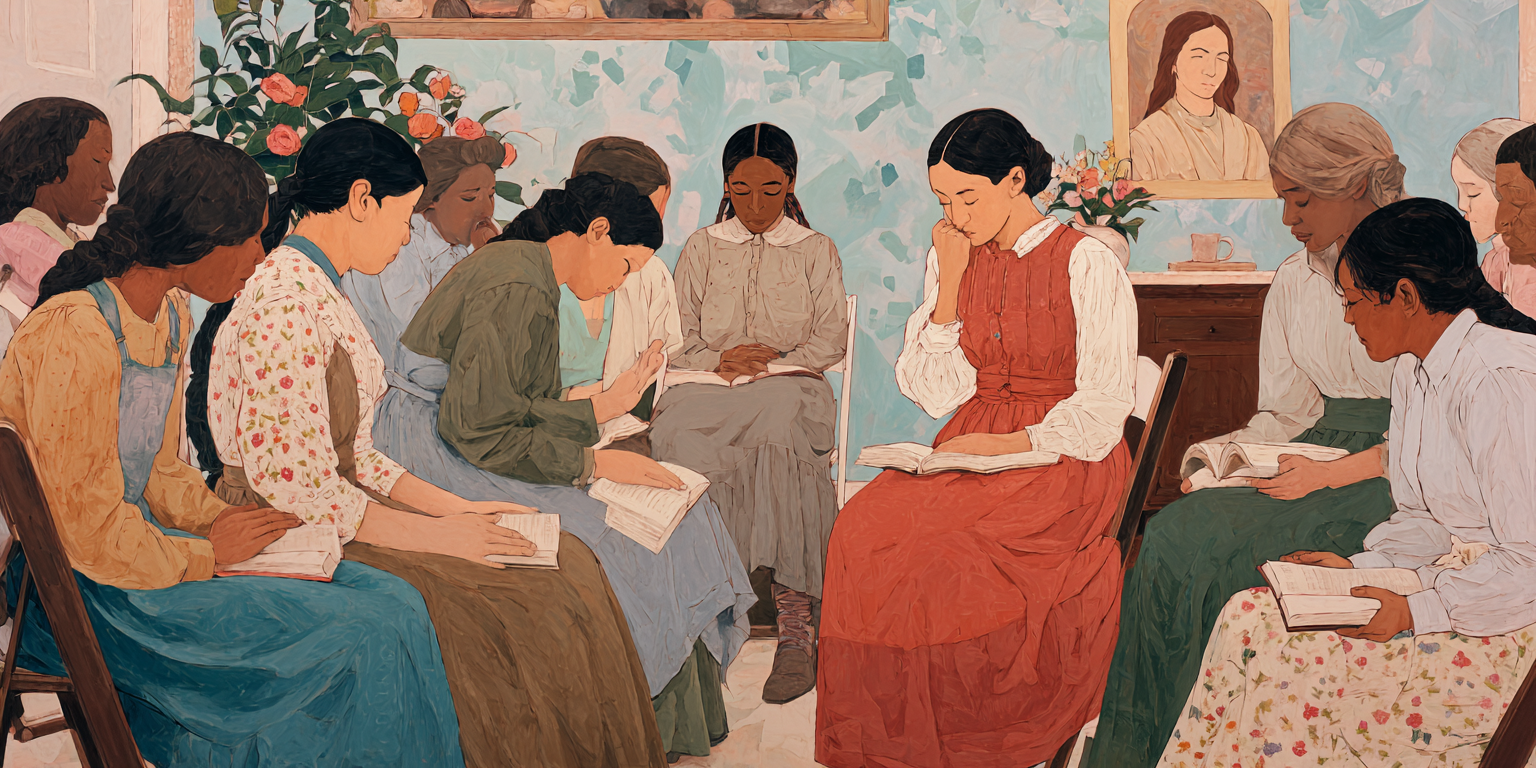
To say life was difficult at home would have been the understatement of a lifetime. My dad had been unemployed for over a year, and our family of eight felt the crushing strain financially and otherwise. While I was used to a life of financial worry, this time felt different—desperate, even.
As a new high school graduate, I had my whole life before me, and I could not wait! With a small nest egg of money I earned at a local ice cream shop, I excitedly began a new chapter of life at BYU. In my naïve 18-year-old mind, I believed my family’s worries would remain at home in Arizona, allowing me to build a carefree existence in Provo.
I could not have been more wrong.
As I settled into college, I did all I could to support myself, not wanting to ask my parents for a single dollar. And, while I was getting by on my own, I could not hide from my family’s financial devastation. Just weeks into the fall semester, in an unexpected blow, I learned we would soon lose our home to foreclosure.
No job. No home. No money. What would become of us?
Trying to distract myself, I buried myself in school, work, and social activities. I was outwardly stoic, driven, and composed. But, beneath the surface, I was crumbling. While I loved being away at school, I could not shake the feeling that I had abandoned my family in their time of need. Perhaps, had I stayed, I could have worked hard enough to save our home. Maybe this financial tsunami that threatened to destroy us was partially my fault. As I read those words through tear-filled eyes, I knew they had come from Him through the willing hands of someone who had followed a simple prompting.
One day, amid this escalating trial, I stopped by the desk in the Morris Center to retrieve my mail. Hiding in the small stack of envelopes was a folded piece of paper with my name on it. Opening it, I read these simple words: “Lynnette, let those pearly whites shine, and know that you are loved.”
There was no signature, and the absence of a stamp told me this note had been dropped into my mailbox by someone who knew which box was mine. But nobody fitting that description knew anything about my heart-wrenching challenges.
Except God.
As I read those words through tear-filled eyes, I knew they had come from Him through the willing hands of someone who had followed a simple prompting. To me, that letter from heaven said, “I see you. I know you. I love you. Everything will be okay.”
For me, the incomprehensible thing about the Lord’s love is that it is both infinite and strikingly personal. In a garden long ago, His love led Him to do what would be impossible for the rest of us. While His friends slept, He pushed through excruciating pain and did what the Father sent Him to earth—atone for all humanity’s sins. I can think of no greater manifestation of infinite love.
But, somehow, miraculously, His love is also deeply personal. It reaches across time and space, borders and boundaries, and finds its way into individual hearts. It is amplified on a thousand daily stages that all lead to Him, often through the hands of those who hear and heed His call to help.
Long ago, the resurrected Savior stood on the seashore with His chief apostle, Peter, who would soon take over the leadership of His church on earth. In their final conversation, before He ascended to heaven, the Lord asked Peter a significant question: “Peter, do you love me?” When he answered in the affirmative, Christ instructed Peter to “feed my lambs.”
Then again, the same question: “Peter, do you love me?” Perhaps the Master had not heard, so Peter answered again, “Lord, thou knowest that I love thee.” The same urgent instructions bridged the space between them: “Feed my sheep.”
The Master Teacher undoubtedly knew the power of repetition. So, a third time, He asked His increasingly confused apostle: “Peter, do you love me?”
At this point, Peter was noticeably rattled. What was he missing? Did the Lord not understand or approve of his answer? But, once more, he pleadingly replied, “Lord, thou knowest all things; thou knowest that I love thee.”
Not missing a beat, the Savior repeated the familiar instructions that would forever change the trajectory of Peter’s service: “Feed my sheep.”
With such a short time to spend with His beloved apostles before returning home to His Father, the Savior needed Peter to grasp what it meant to love Him because love would always be the foundation of His work. Consequently, if Jesus had a few minutes to spend with each of us, I believe He would teach us exactly what He taught Peter in that historic conversation over 2000 years ago: If you love Me, take care of my children.
Loving God has never been and never will be passive—it is feeding, lifting, serving, and succoring on His behalf. It is finding the lost, nurturing the lonely, and strengthening the weak. It is praying to know how we can be His hands and then following quiet promptings to do unexpected things we otherwise would not do.
Nearly thirty years ago, a folded piece of paper containing a few simple words of encouragement interrupted a cascading waterfall of challenges with undeniable evidence of God’s love for me. I may never know whose hand wrote those words, but like Peter of old, they had learned to follow the Lord’s call to share His love. I will be forever grateful for that simple gift, which continues to point me to Him.

















